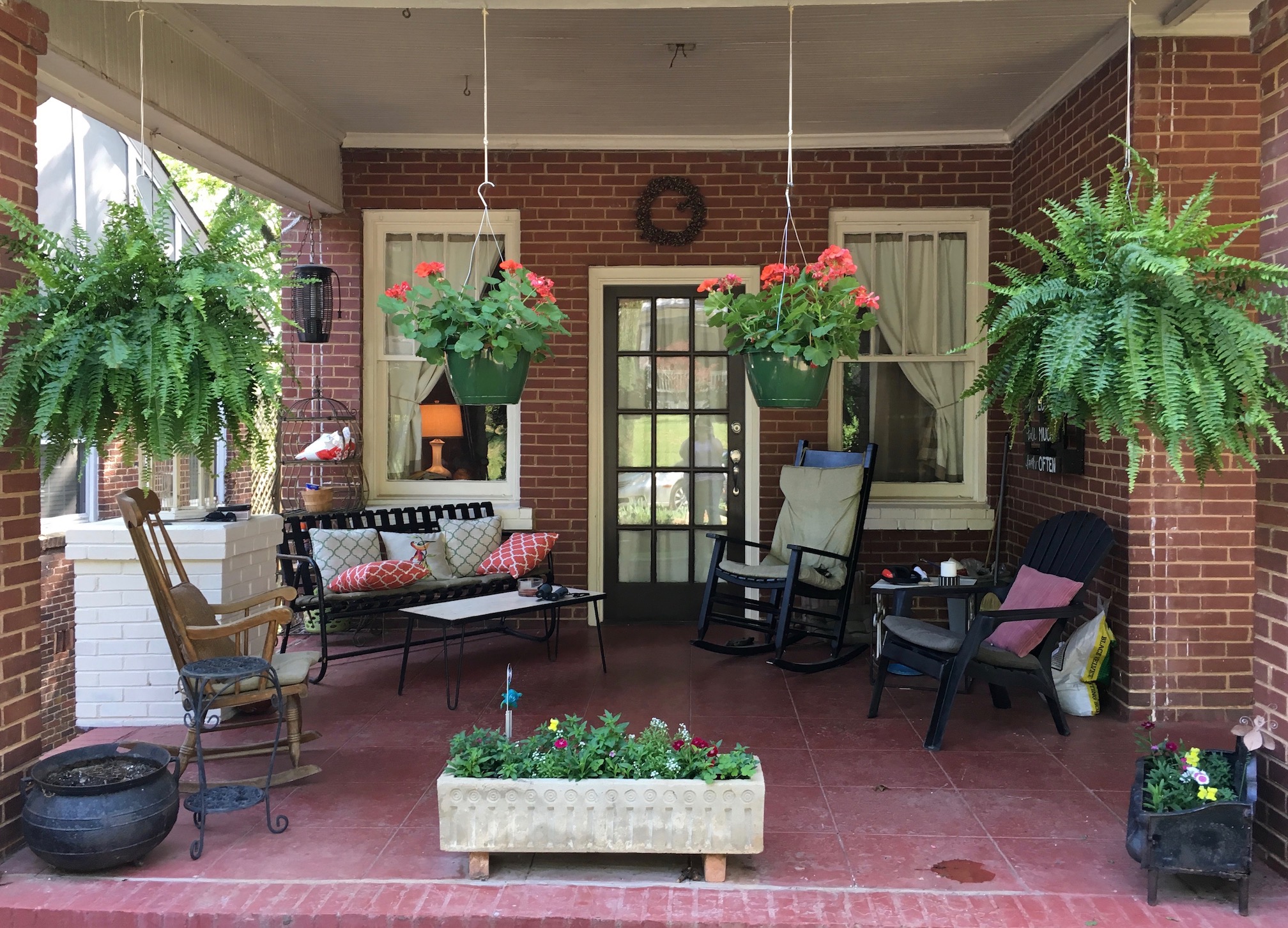by Mary Clare Freel
Hospitality gives us the opportunity to minister to the household of faith and beyond. In this session we want to explore various ways Scripture exhorts us to practice hospitality. With that in mind, let us look at different types of people to which our hospitality is to extend.
Those in the Family of God — Acts 2:46-47, Romans 12:13, I Peter 4:8-9
All these passages are within the context of functioning within the body of Christ. Believers are joyfully fellowshipping together. This should not be radical thinking within the church, but unfortunately it is. It should be a natural outflow of our love for one another.
What are particular ways to express hospitality to the saints? You may be one who hosts a Bible study in your home, or prayer group (Acts 5:42). When our church first started, for the first year we met in homes. Another way is by hosting guest preachers or missionaries in your home as they pass through (I Kings 4) or are on furlough. Your house may be a stopover for traveling Christians — friends, relatives, church conference attendees, or friends of friends. It helps establish relationships with those in other local churches. College students may need a home away from home, a weekend family for them. Inviting church members or visitors over for a meal should be a regular practice in the church.
Ministering to Strangers — Hebrews 13:1-2
We live in a violent society, one of locked doors and security systems. In the newspapers we read of atrocities committed daily, so the idea of allowing strangers into our homes is somewhat uncomfortable.
Remember the story of Lot in Genesis 18 & 19? Lot lived in one of the most violent, sinful cities since the Flood, so much so that God destroyed it for the lack of 10 righteous people. It is in this setting Lot invited these strangers into his home. What if Lot had not extended hospitality? He would have perished with the rest in Sodom and Gomorrah.
Entrusting God to take care of us, do we throw caution to the wind? We must use wisdom and discernment when dealing with strangers. I am not suggesting that you invite a strange man knocking at your door in for tea while your husband is away, but we can be willing to have those whom we do not know into your home. Perhaps seek out opportunities to do this. Mutual acquaintances are strangers to you, but have been recommended by someone.
Some options are radical hospitality, and not everyone is equipped to do this. You may have troubled individuals into your home for temporary housing. Housing for those involved in a natural disaster may be an excellent opportunity as well. Foster parenting or adoption may be an option. These all require your family to be on a strong footing and your home organized. You and your family will also need the ability to give of yourselves emotionally (James 1:27). There are also government regulations connected with fostering and adoption, so there is much to consider beforehand.
Hospitality to Enemies — Proverbs 25:22, Matthew 5:38-48
How do we express hospitality to enemies? Enemies are not just people that get on our nerves; an enemy is one that feels malice or hostility towards another. Ideally, this should not be believers. It may be a neighbor angry with you for some reason. Or a work situation. Enemies of God are our enemies. They may hate us because of our faith. God can and will handle His enemies.
You can go the extra mile. If your enemy loses his job and can’t pay the bills, you can offer meals or financial help. If their house burns, you could offer housing. Romans 12:18 says to live at peace with them as far as possible. God may use your gentle kindness, your hospitable attitude, your peaceful way of responding to your enemy, to humble him and bring him to Christ or to reconciliation with you.
A Biblical Means of Evangelism — Acts 5:42
Hospitality is a creative, but not manipulative, means of evangelism. Invite neighbors and coworkers into your home and get to know them. This is friendship evangelism. Encourage your children to ask friends over. Welcome them to stay for dinner and be a part of your family — especially those who come from troubled homes. Karen Mains, in her book Open Heart, Open Home, likened her home to a maternity ward where she saw many born into the kingdom. Your home may be the very place that God uses to bring someone from the kingdom of darkness into the kingdom of light, and you can experience that joy firsthand!
Now that we have discussed so many opportunities, your ideas may be flowing at an overwhelming level. Our next post will explore ways to simplify hospitality and hopefully relieve some of the apprehension of it.
